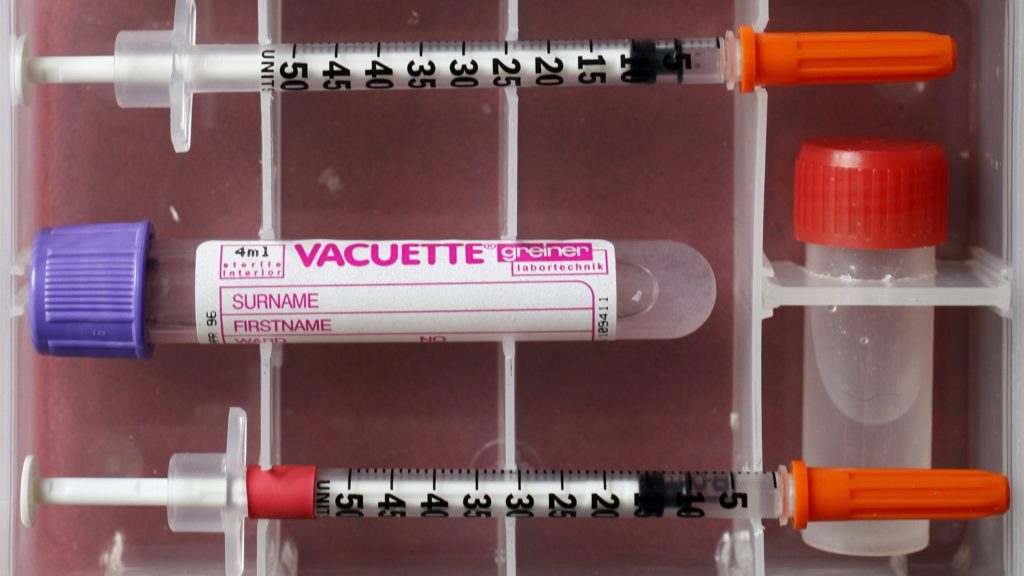After July 4 elections in the United Kingdom made Keir Starmer the new prime minister, assisted suicide has been in the news.
Earlier this year, Starmer said he was “personally committed” changing the laws in the country which make assisted suicide and euthanasia illegal.
Supporters of changing the law say it will have intense safeguards, and only be used if a person is terminally ill, with less than six months to live.
However, a new report says similar promises made in Canada were quickly overturned, and assisted suicide – called “medical assistance in dying” (MAiD) – has risen thirteenfold since legalization in 2016.
The study was released in the report “From Exceptional to Routine: The Rise of Euthanasia in Canada” by Alexander Raikin and published on August 7.
“The growing number of MAiD deaths, and the continued expansion of eligibility criteria, is far beyond the expectations set in Carter v. Canada, the court case that decriminalized assisted dying in 2015,” the report says.
“Consequently, MAiD is now far more than exceptional: It is routine. Almost no MAiD requests are denied by clinicians, and the median time between written request and death from MAiD in 2022 was merely eleven days. Despite judges’ and policymakers’ claims or expectations, MAiD is no longer an option of ‘last resort’,” it continues.
The report says Canada is now far beyond the limitations expected or recommended.
In 2019, the Superior Court of Quebec judge in Truchon v. Canada ruled that Canada’s MAiD program was unconstitutional because it did not allow for the assisted dying of persons not at end-of-life.
“Existing safeguards were weakened. The minimum ten-day assessment period for MAiD was removed entirely, allowing for the same-day assessment and provision of assisted dying for almost all MAiD requests,” the report continues.
“The requirement that the patient give final consent before administration of MAiD was no longer mandatory. Moreover, MAiD became available to persons whose death is no longer ‘reasonably foreseeable’ but who consider that their physical suffering, from a disability for example, is intolerable to them,” the document states.
It also notes, MAiD has been expanded further in the Senate, without any additional legal safeguards, to include mental illness as a qualifying condition. However, this clause has since been deferred to 2027.
“To be clear, warning lights have long been flashing that MAiD assessors and providers are not treating MAiD as a last resort. Even before Bill C-7, which removed the provision that death had to be ‘reasonably foreseeable’ to qualify for MAiD, the Attorney General of Canada did not contest expert evidence that ‘some clinicians gained comfort with extending prognostic timeframes out to many years’,” the report states.
“Also not contested by the government was that patients could qualify for MAiD on the basis of ‘intent to refuse treatment’ as opposed to actual refusal of treatment. This also implies, according to the Health Law Institute at Dalhousie University, that the mere intent to stop eating or drinking could qualify a patient for assisted dying, compromising the efficacy of safeguards,” it continues.
The report says Canada’s model is similar to that of Belgium and the Netherlands in that it now allows assisted death for persons with non-terminal illnesses, which expands eligibility to those living with disabilities whose death is not reasonably foreseeable.
England’s bishops have noted these changes in assisted suicide laws in other countries, and are warning British Catholics that the same could happen in the United Kingdom.
On April 8, Bishop Philip Egan of Portsmouth spoke about the growing efforts to legalize euthanasia and assisted suicide.
He said in other countries where assisted suicide and euthanasia have been legalized, the legislation gradually keeps creeping forward, expanding to cover more and more categories: Sick children, people with autism, those with dementia, the depressed, the mentally ill, the handicapped and others “whose lives someone else decides are not worth living.”
The bishop said assisted suicide places an intolerable and immoral demand on medical staff, doctors and nurses.
“It asks them to ignore the Hippocratic Oath they take to preserve life, in order to extinguish life. Many a vet will speak of their grief at putting down a beloved family pet – ‘putting it out of its misery’ – yet surely we cannot treat an elderly relative in the same way?” Egan asked.

